Under the direction of the Ministry of Science and Technology, after 7 years of implementation, AI4VN has become a reliable scientific event, attracting the attention of many policy-making and management agencies, technology corporations, research units... to join hands to promote the development of the AI ecosystem in Vietnam.
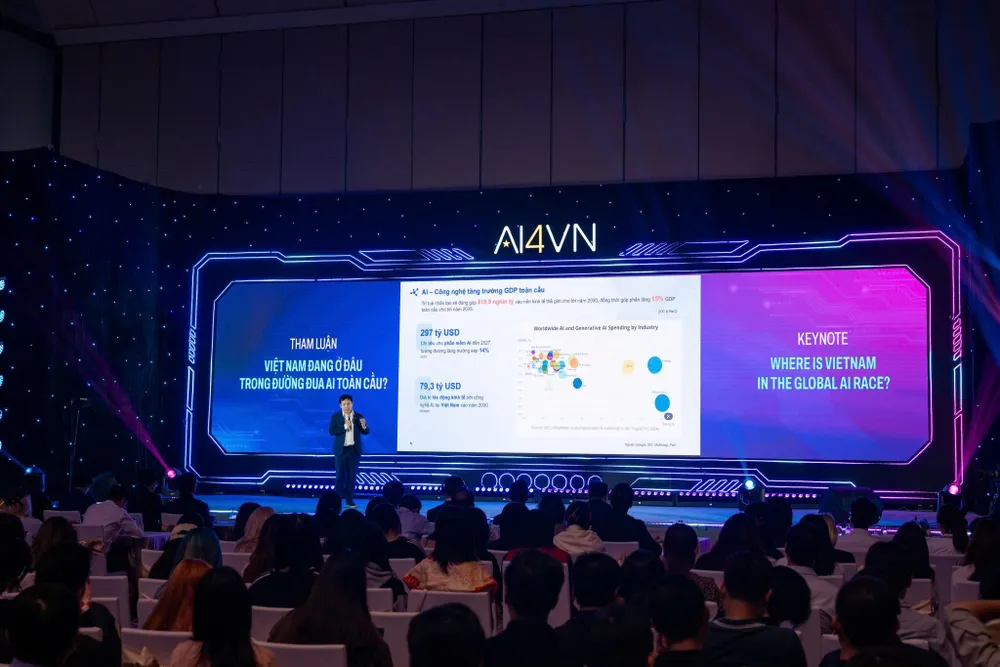
AI4VN 2025 has the participation of representatives of ministries, departments, branches, diplomatic agencies, experts and speakers from domestic and international organizations, corporations, and technology enterprises such as Meta, Viettel AI, FPT, AIVA, BytePlus, HDBank , Salesforce, VinRobotic; British University Vietnam (BUV), University of Technology (Vietnam National University, Hanoi)...
Developing an open, transparent and efficient AI ecosystem
Speaking at the opening ceremony of AI4VN 2025, Deputy Minister of Science and Technology Bui Hoang Phuong shared important orientations in building a legal corridor for AI in Vietnam, affirming the country's pioneering position in this field. Accordingly, the Law on Artificial Intelligence is expected to be submitted to the National Assembly by the end of 2025, making Vietnam one of the few countries with a comprehensive legal framework on AI.
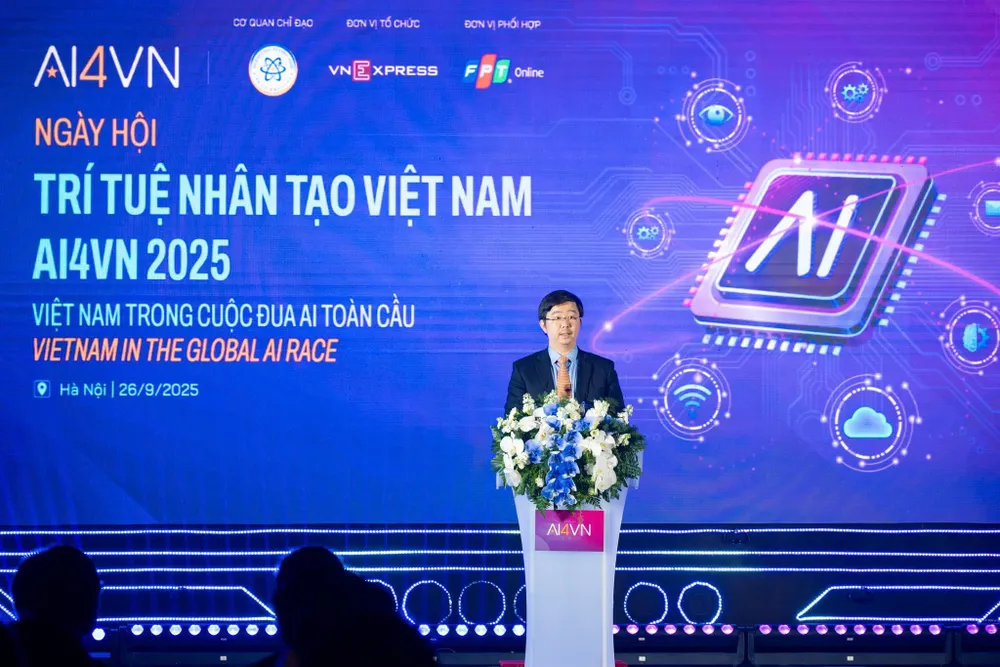
Deputy Minister Bui Hoang Phuong said that the draft Law on Artificial Intelligence is built on core principles: human-centered; ensuring safety and transparency; inclusive and sustainable development; balanced and harmonious governance.
One of the highlights of the bill is the risk-based management of AI, with high-risk AI systems subject to strict oversight. There is also a focus on transparency and labeling, requiring users to be clearly informed when interacting with AI, in order to address the challenges of distinguishing between human- and machine-generated content.
In addition to management, the bill also aims to create development momentum, with special preferential policy mechanisms for AI research and development. The Ministry of Science and Technology is pioneering the application of AI in internal activities, typically in drafting legal documents, helping to free up labor and save significant time.
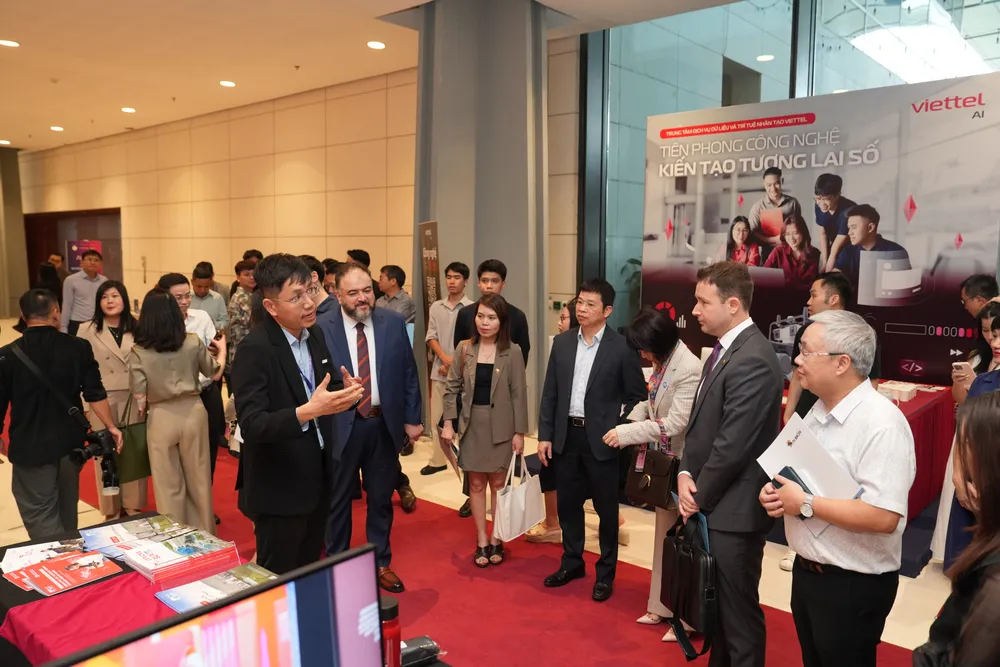
According to Deputy Minister Bui Hoang Phuong, the issue of AI ethics has been discussed a lot and is considered a key discussion content in the process of building this bill. Challenges in education, health and finance all require a clear ethical framework where the final decision-making power still belongs to humans.
Managing and developing AI requires a multi-dimensional approach, balancing innovation and protecting the interests of people and businesses. The role of experts, businesses and state agencies is indispensable in this process.
“AI4VN is expected to be an important forum for experts to contribute ideas, helping the Ministry of Science and Technology to perfect the legal corridor, promoting a strong and responsible AI ecosystem in Vietnam. The Ministry of Science and Technology is committed to continuing to perfect the legal framework to promote the building of an open, transparent and effective AI ecosystem,” Deputy Minister Bui Hoang Phuong emphasized.
Building Sovereign AI
Presenting a speech at AI4VN 2025, Mr. Le Hong Viet, General Director of FPT Smart Cloud, said that the global AI race is still heating up every day, with two main arenas being the development of basic AI models and academic research. Citing figures from reports by IDC and PwC, he said that AI is expected to contribute 19,900 billion USD to the world economy and contribute to a 15% increase in global GDP by 2035.
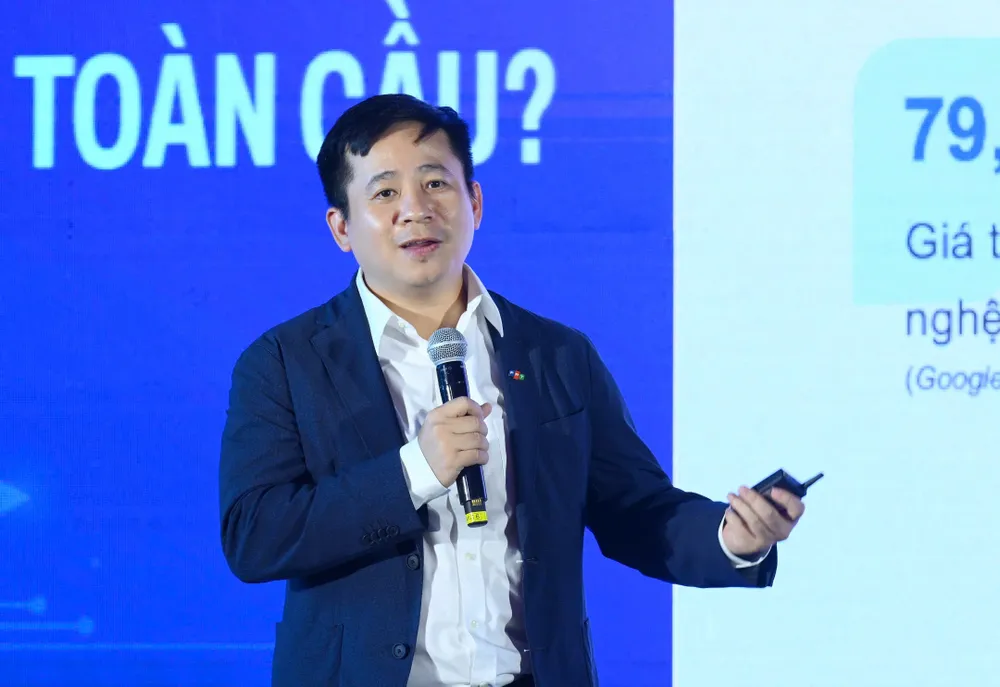
The global AI landscape is clearly dominated by two “giants”. The US leads with 40 leading AI models and a total private investment of up to 471 billion USD (2013-2024). China is accelerating strongly with 15 high-quality models, leading in the number of patents (more than 817,800) and gradually narrowing the gap in model quality.
According to Mr. Le Hong Viet, in that picture, Vietnam is classified as a "potential emerging" group of ASEAN. However, the investment gap is a huge challenge. Vietnam's total investment capital for AI is far behind the US, China (56 times) and even Singapore in the region.
According to Mr. Le Hong Viet, Vietnam still has some notable bright spots. A report by WIN (Worldwide Independent Network of Market Research) ranked Vietnam 6th out of 40 countries in terms of readiness for the AI era. The domestic AI ecosystem is also heating up rapidly with investment capital reaching 80 million USD in 2024 (an 8-fold increase), a technology workforce of about 500,000 people, and a high AI adoption rate (42% of the population, 65% of small and medium enterprises have used it).
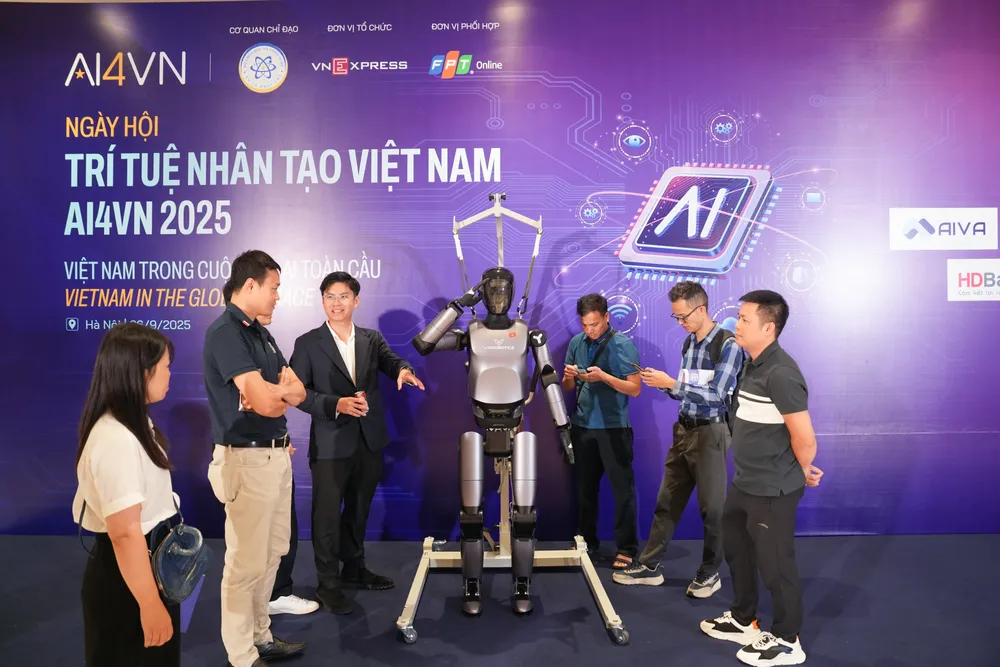
Vietnam’s strengths include competitive costs, a proactive government, and rapid economic growth. On the other hand, inherent weaknesses that need to be addressed include an unsynchronized AI infrastructure, a shortage of high-quality AI human resources, an incomplete legal framework, and modest spending on research and development (R&D).
“AI is no longer a story of the future, but has already existed and reshaped the digital race between businesses. For every USD invested in generative AI, businesses can achieve 3.7 times more investment efficiency,” Mr. Le Hong Viet shared.
Mr. Le Hong Viet also proposed a strategic roadmap for the 2025-2030 period so that Vietnam can not only catch up but also lead the region. This strategy is called "Building Sovereign AI", focusing on four pillars: people - digital infrastructure - products - ecosystem. The roadmap is divided into three main stages: 2025 - foundation and preparation; 2026 and 2027 - deployment and expansion; 2028 to 2030 - leading the region.
Source: https://www.sggp.org.vn/xay-dung-mot-he-sinh-thai-ai-manh-me-va-co-trach-nhiem-o-viet-nam-post814916.html



![[Photo] Prime Minister Pham Minh Chinh chaired a meeting of the Steering Committee on the arrangement of public service units under ministries, branches and localities.](https://vphoto.vietnam.vn/thumb/1200x675/vietnam/resource/IMAGE/2025/10/06/1759767137532_dsc-8743-jpg.webp)


![[Photo] Prime Minister Pham Minh Chinh chairs a meeting of the Government Standing Committee to remove obstacles for projects.](https://vphoto.vietnam.vn/thumb/1200x675/vietnam/resource/IMAGE/2025/10/06/1759768638313_dsc-9023-jpg.webp)



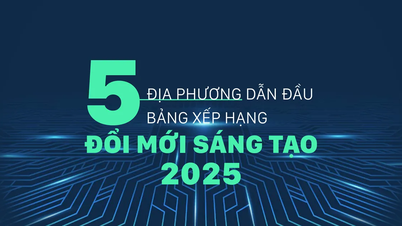


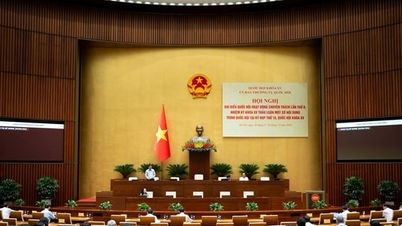

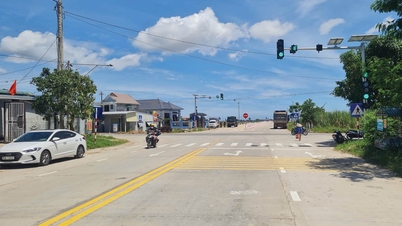

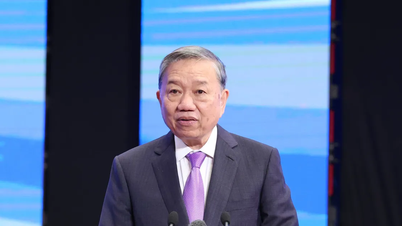





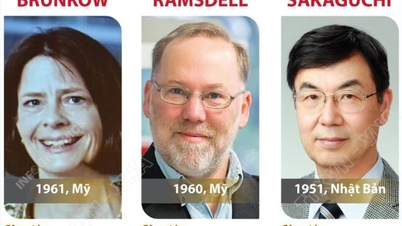

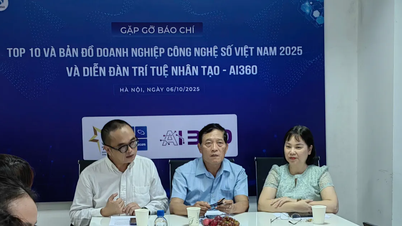






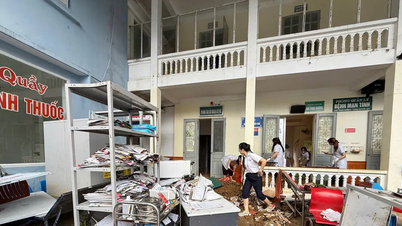
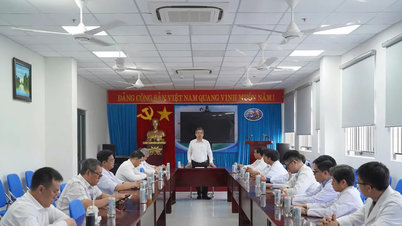


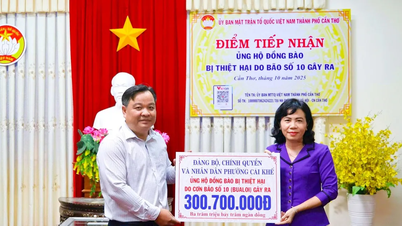
































































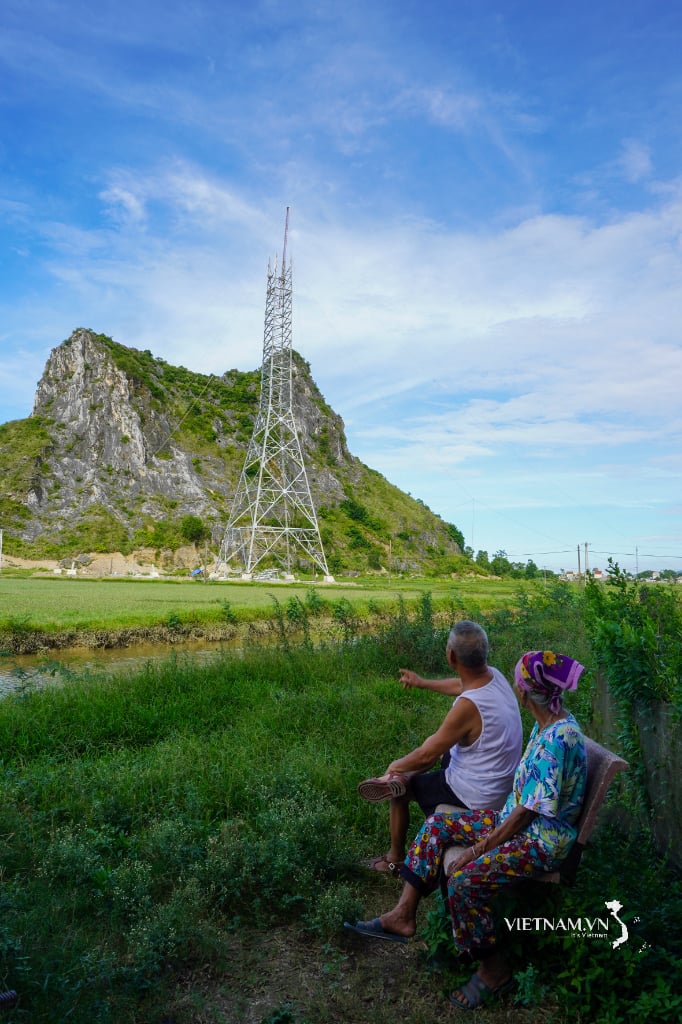


Comment (0)